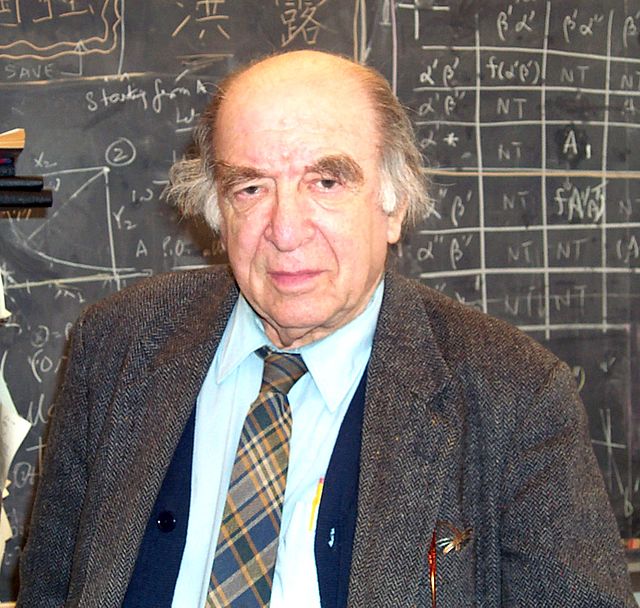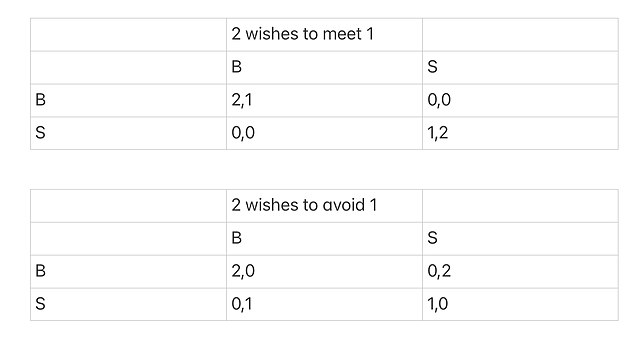Leonid Hurwicz was a Polish–American economist and mathematician, known for his work in game theory and mechanism design. He originated the concept of incentive compatibility, and showed how desired outcomes can be achieved by using incentive compatible mechanism design. Hurwicz shared the 2007 Nobel Memorial Prize in Economic Sciences for his seminal work on mechanism design. Hurwicz was one of the oldest Nobel Laureates, having received the prize at the age of 90.
Hurwicz in 2005
Twin of Heller Hall, named for Walter Heller, Department of Economics, University of Minnesota, West Bank
Game theory is the study of mathematical models of strategic interactions among rational agents. It has applications in many fields of social science, used extensively in economics as well as in logic, systems science and computer science. Initially game theory addressed two-person zero-sum games, in which a participant's gains or losses are exactly balanced by the losses and gains of the other participant. In the 1950’s it was extended to the study of non zero-sum games and was eventually game applied to a wide range of behavioral relations, and is now an umbrella term for the science of rational decision making in humans, animals, as well as computers.
John Nash
Example of a Bayesian game




